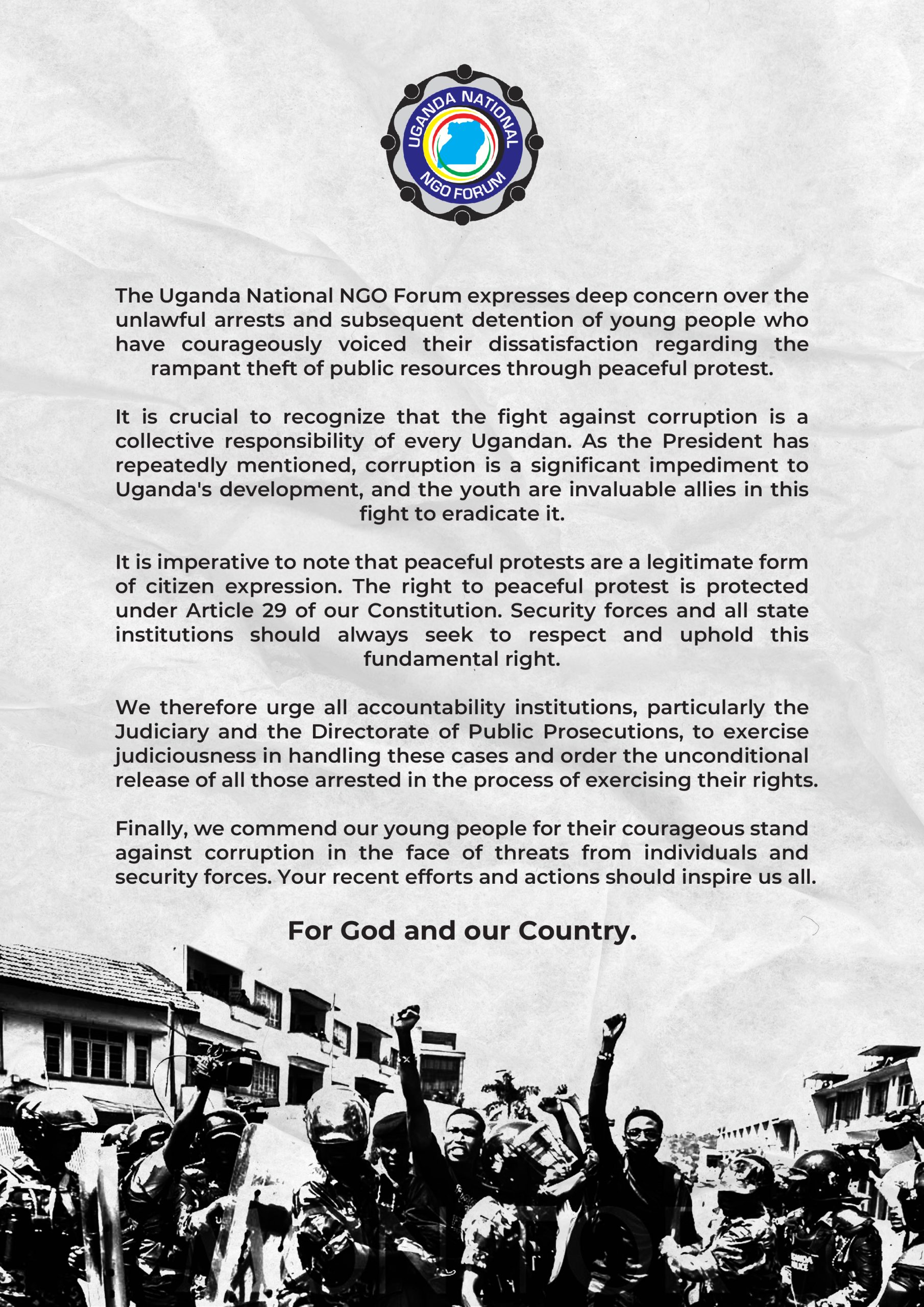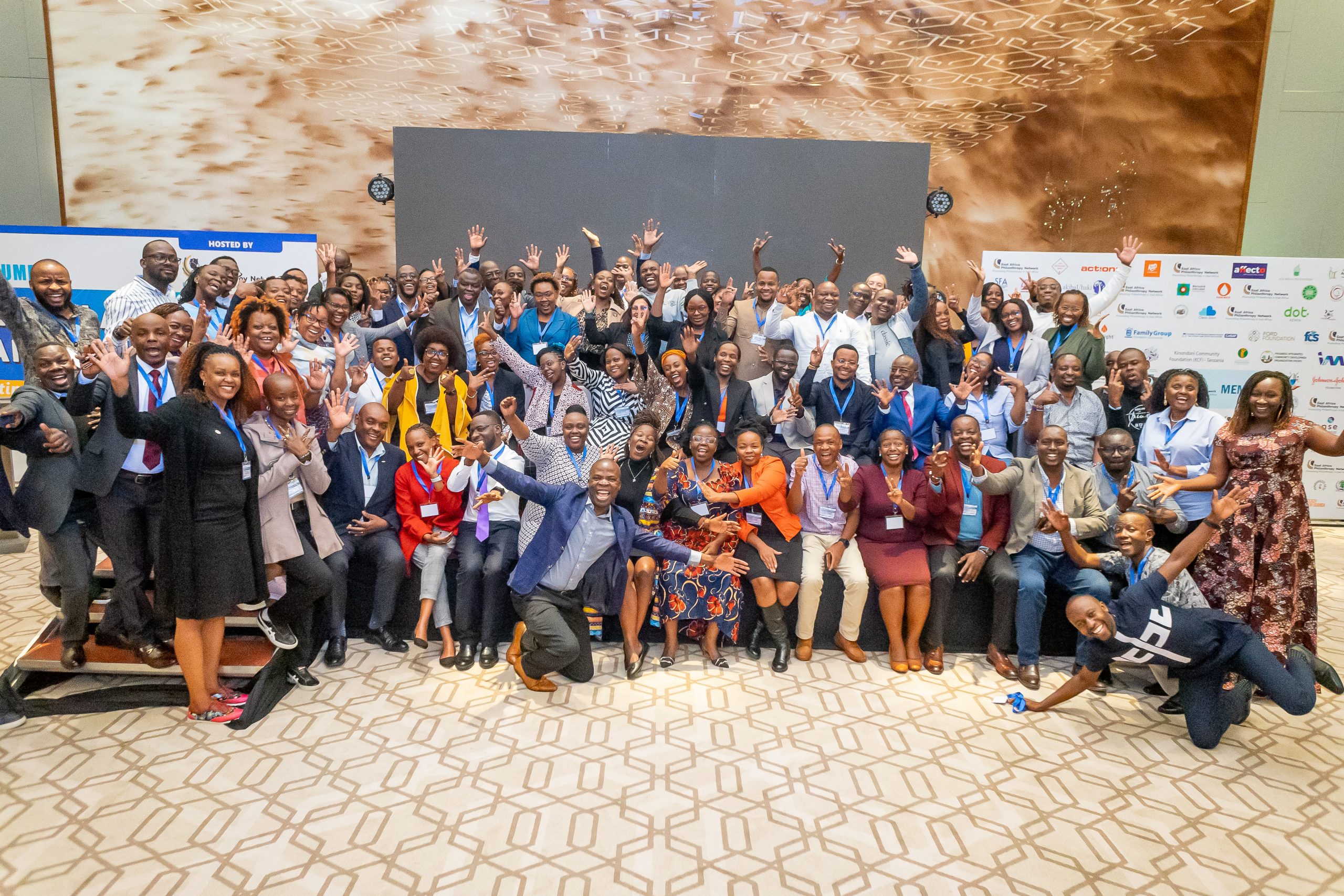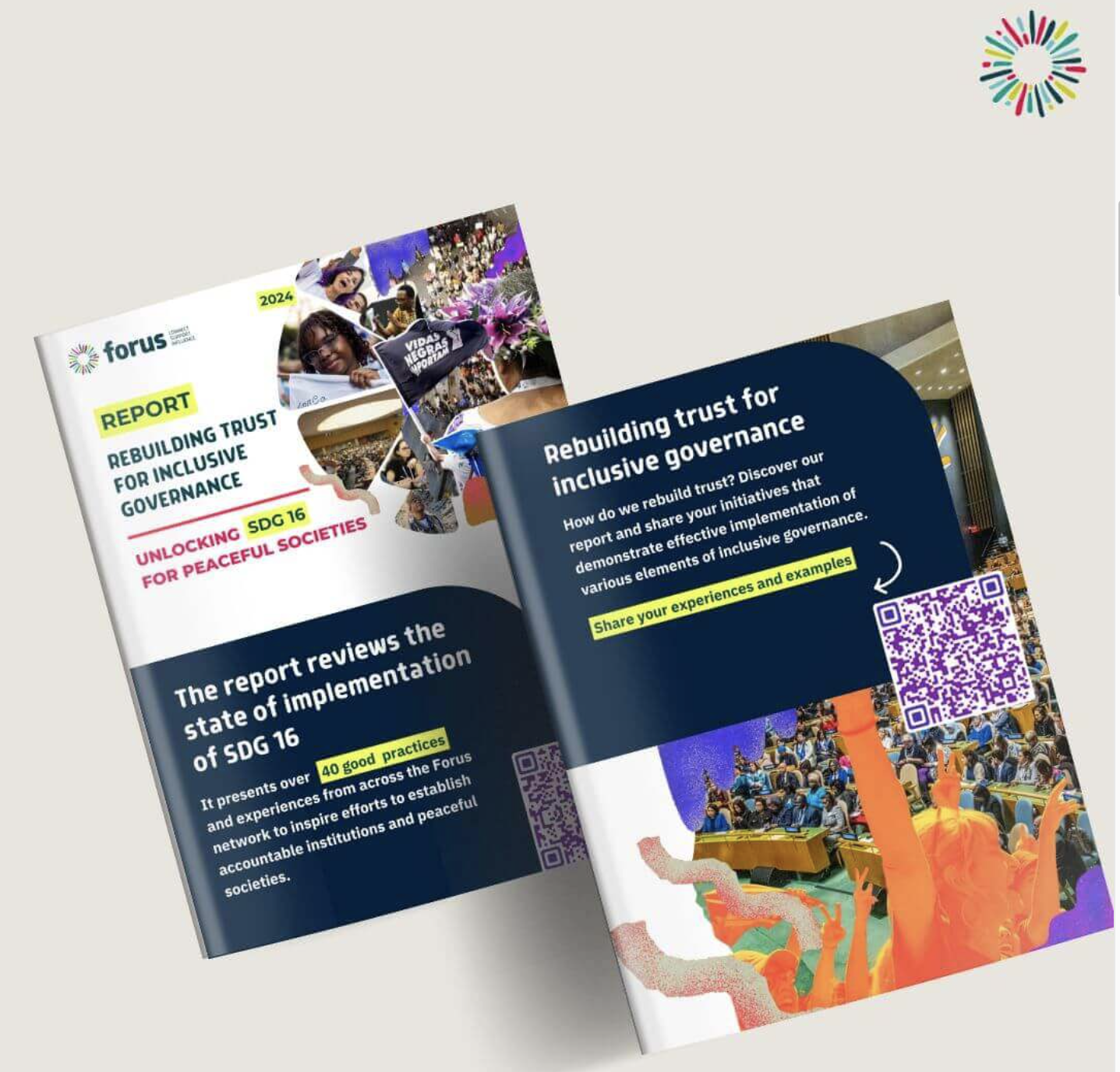
CSOs and Government trained in Social Protection programming.
The emergence of developing economies in the 21st century in Africa and especially sub Saharan Africa has been matched with the growing rise in the level of inequality among populations, with some societies exhibiting wide economic gaps between the rich and the poor. The rising inequalities levels remain a puzzle for many development practitioners. To counter this challenge, the concept of social protection has gained prominence as the one key driver that will transform economies in line with the vision for the sustainable development goals of a future free from poverty and built on human rights, equality and sustainability. Against this background and in a bid to put in place a team of experts that will support the design and implementation of successful and transformative social protection programs in the country , UNICEF in partnership with the Ministry of Gender, Labour and Social Development under the Expanding Social Protection programme supported three officials i.e. Mr. James Ebitu- Director Social Protection ,Mr. Bob Munene- Ministry of Finance and Ms. Sophie Kange from the Uganda Social Protection Platform to a training in designing and Implementing Social protection Programmes . The training took place in Cape Town, South Africa at the Economic Policy Research Institute (EPRI) from 7th – 18th August 2017. The trio will be instrumental in informing the planning, designing and effective implementation of social protection programmes, and also build capacity of other actors in the sector. The two week training was delivered by the EPRI team headed by Micheal Sampson, with different trainers leading on topics of their specialty including Introduction to key concepts i.e. Social protection and poverty, designing social transfer programmes, their implementation and protecting programme success; social protection financing, Social protection Policy, Financial inclusion and Economic Opportunity, Monitoring and Evaluation. Key learnings from this training include;
- Effective social protection programming requires cross ministerial effective coordination;
- Political will and commitment are critical in ensuring social care programmes are a country’s priority;
- Legal instruments are critical for sustained social protection.
- Information Management is fundamental so that a population is aware for the entire social protection programme a country offers. This helps in increasing accessibility by all the targeted beneficiaries;
- Successful social protection programming requires vivid evidence building data that demonstrates the economic values and linkages to inform policy options for an economy.
- Complementary programmes are essential in strengthening the resilience of beneficiaries. Strong and robust monitoring and evaluation programmes essential for efficient social protection systems.
- Successful Social Protection Programming requires a countries establishment of a strong and robust Monitoring and Evaluation system.
In a nutshell, comprehensive social protection programming remains the ideal approach that will effectively mitigate vulnerabilities that occur to a population along its life cycle. Such programmes are bedrock to maintaining citizen’s dignity, promotion of the rights of individuals and the generation of pro poor and inclusive economic growth; as this contributes to building human capita and enabling the poor to increase their participation in economically productive activities. Uganda’s success in achievement the sustainable development goals therefore lies in part on her ability to have appropriately designed social protection policies, programmes and systems matched with better financing strategies, targeting, monitoring and evaluation. The trained team thus commits to be a useful resource in contributing to efforts towards realizing this reality.



